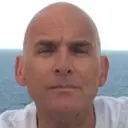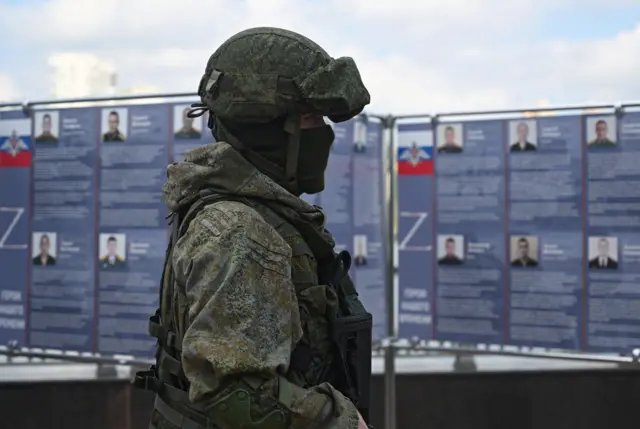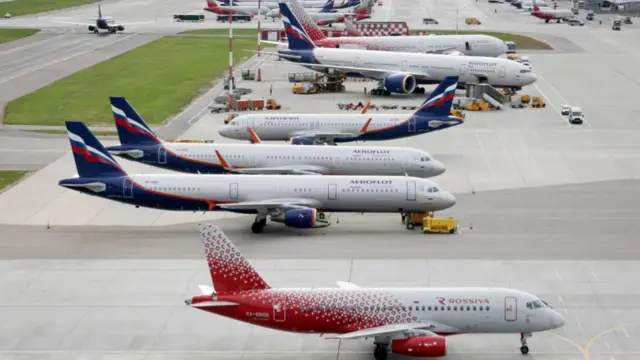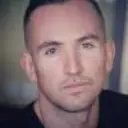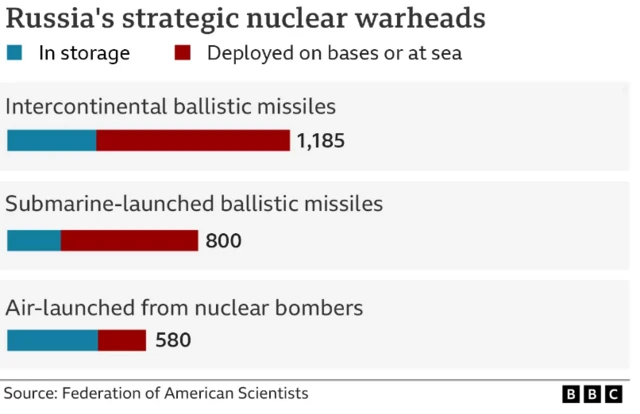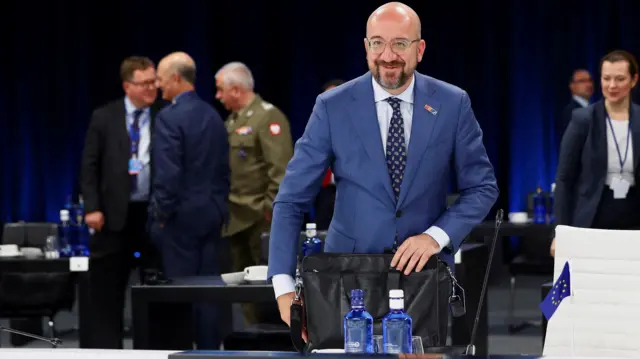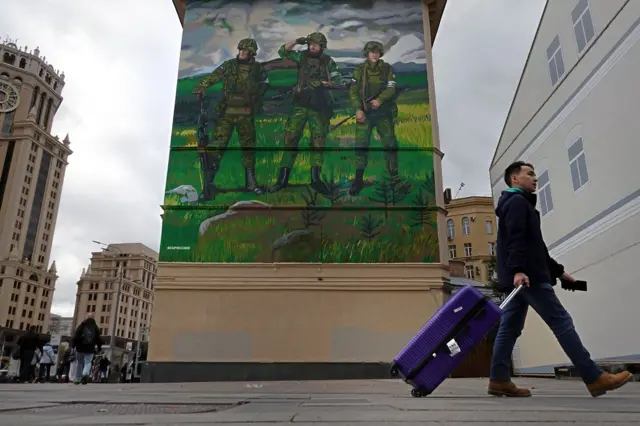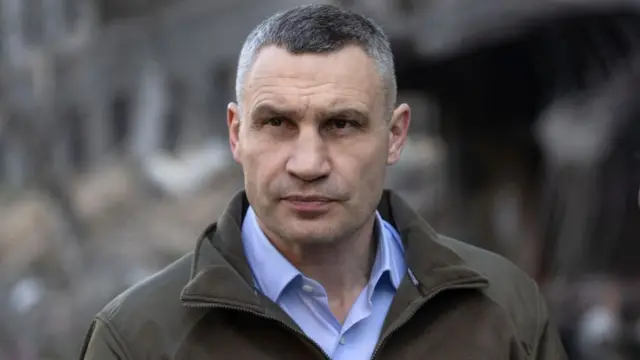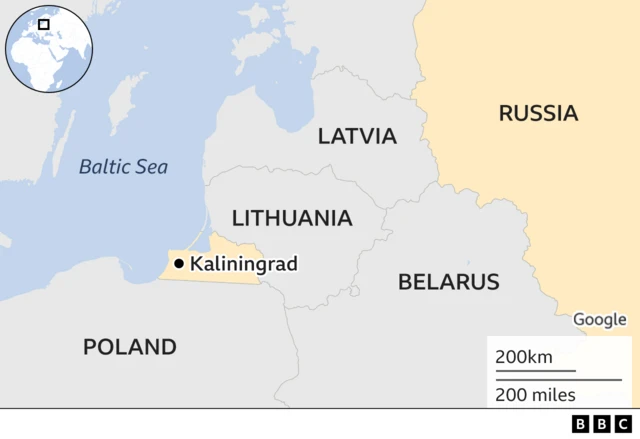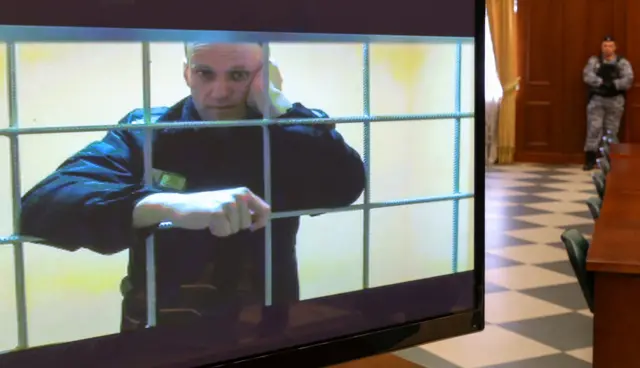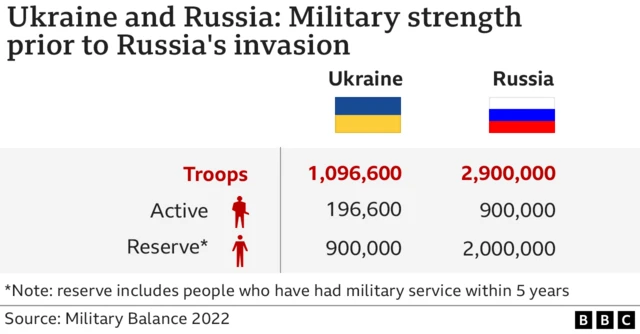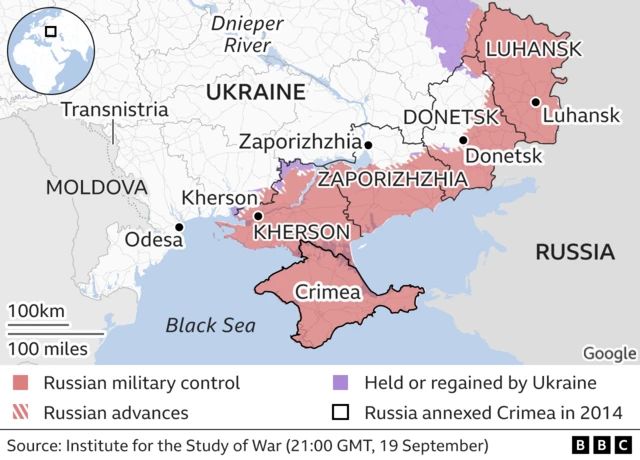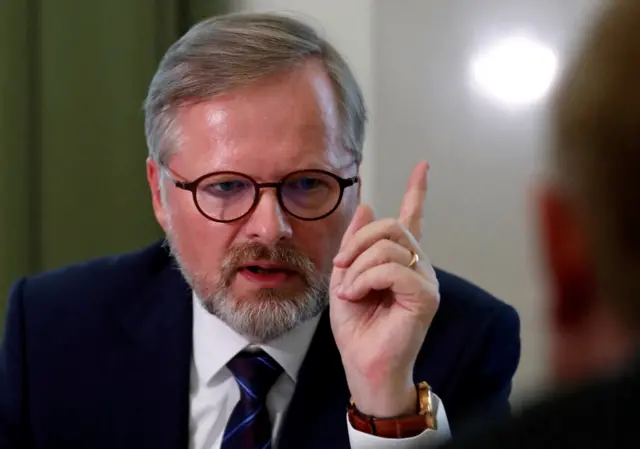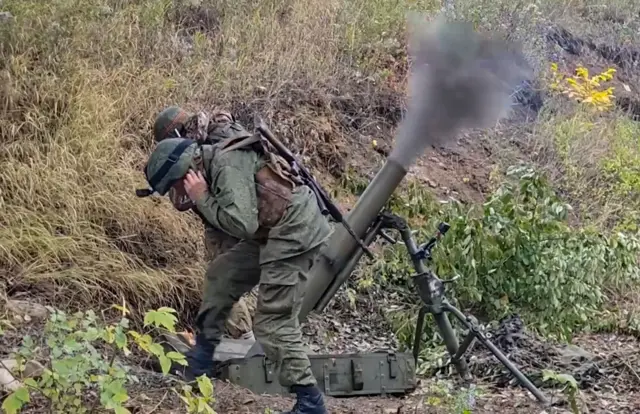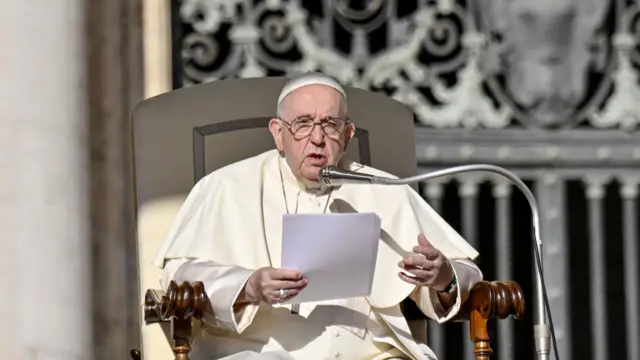Authorities warn protests won't be toleratedpublished at 13:46 BST 21 September 2022
The Moscow Prosecutor's Office has said that participation in protests and unsanctioned "mass events" is a punishable offense which can result "imprisonment for up to 15 years".
It shared the message on Telegram as an apparent warning to people considering taking to the streets this evening to protest the government's decision to draft reservists to fight in Ukraine.
Meanwhile, various Telegram channels are reporting, external that protests against mobiliation are kicking off in the Far East of Russia. Ten people are thought to have already been detained in Irkutsk.
Russia has cracked down on protests in recent months. Independent human rights media project OVD-info estimates that 16,437 people have been detained since the start of the war in Ukraine on 24 February.

